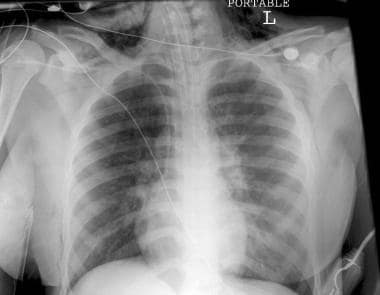What is the root of anxiety and depression? What are the psychological causes of depression? In most instances, depression and anxiety does not have a single cause.
Medical professionals state that depression and anxiety surfaces from “a mix” of factors: genes, past experience, current circumstances, and others. It often from a mix of biology, psychology, and stressful or traumatic events. Many people have a diagnosis of both an anxiety disorder and clinical depression. All sorts of things affect your mental health – your past, major changes and ongoing challenges in your life.
Understanding what is going on for you can help you decide the best way to get through depression or anxiety. Especially with anxiety , more so than depression , there often is some family history, and so therefore we think that there may be some genetic predisposition to this, Connolly explains. For some people, anxiety may be linked to an underlying health issue.
In some cases, anxiety signs and symptoms are the first indicators of a medical illness. If your doctor suspects your anxiety may have a medical cause, he or she may order tests to look for signs of a problem. But each disorder has its own causes and its own emotional and behavioral symptoms.
What causes anxiety and depression? Underlying triggers can include nutritional, psychological, physical, emotional, e nvironmental, social, and spiritual factors, as well as genetic tendencies or brain disease. W hat are symptoms of anxiety and depression? WebMD explains what research has discovered about the causes of depression - from genetics to illnesses and medications to major life events.

Private, Professional, Affordable Counseling Available Anytime, Anywhere. Make A Positive Change This Year. You Deserve to Be Happy. Our experts review the Best sellers. Appointment, Start Therapy Today!
Although each condition has its own causes , they both share similar symptoms and treatments. Arnold Schwarzenegger This Speech Broke The Internet AND Most Inspiring Speech- It Changed My Life. Many researchers believe that early trauma causes subtle changes in brain function that account for symptoms of depression and anxiety.

The key brain regions involved in the stress response may be altered at the chemical or cellular level. Changes might include fluctuations in the concentration of neurotransmitters or damage to nerve cells. Neurosis was a term for mental disorders characterized by distress but without changes in personality and major disturbances in perception.
At Parsley Health, we look at several variables that have been associated with anxiety , depression , and fatigue, often eliminating the need for medications that treat these conditions. Although some fears and worries are typical in children, persistent or extreme forms of fear and sadness could be due to anxiety or depression. Learn about anxiety and depression in children. Here's why, and tips for how to help.
A loss of interest in activities or feeling sad and down are symptoms that characterize this condition. There’s no simple answer as to why people develop anxiety or depression – it’s different for everyone, and there are lots of different factors in our lives that affect our mental health. Which Company Is Disrupting a $4Billion Dollar Industry?
Anxiety and depression affect many children 1. Don't Wait, Start Today! Read our Report and Find Out!
No comments:
Post a Comment
Note: Only a member of this blog may post a comment.